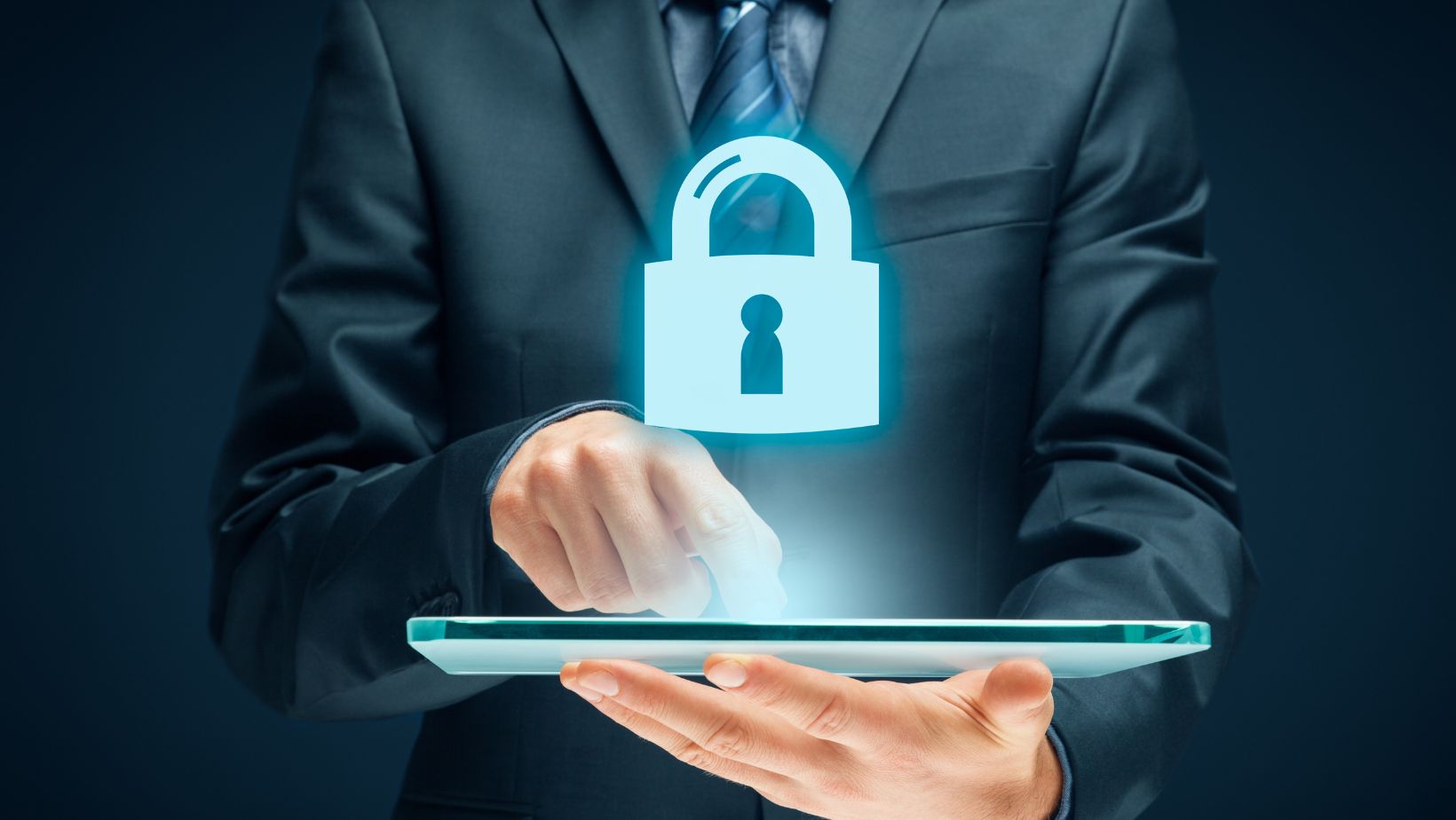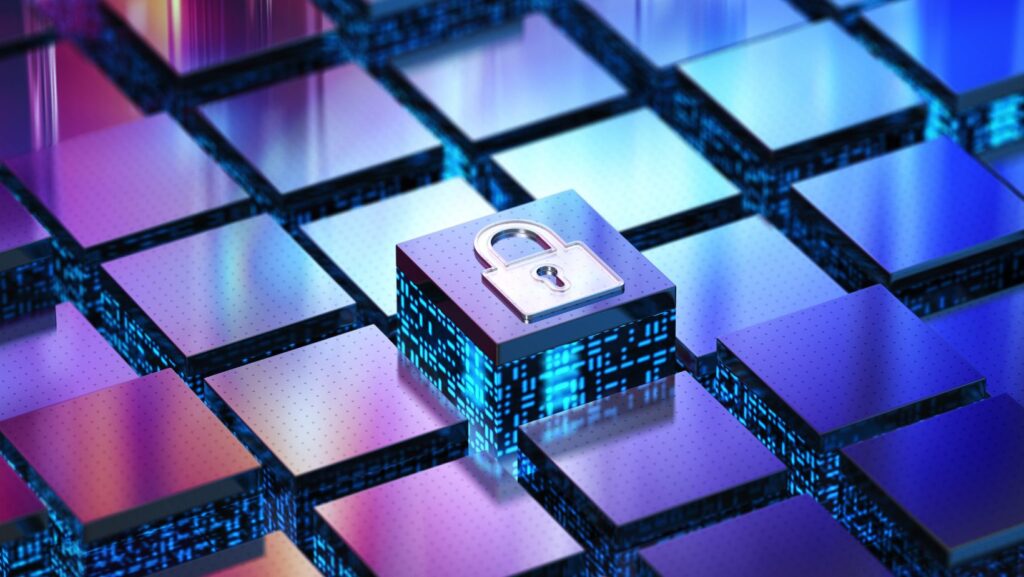Not only are you successful at betting on Slotsgem login, but you’re also interested in cybersecurity? Let’s imagine together.
Today it’s hard to imagine exactly what cybersecurity will look like in 10, 20, or 50 years. The world is changing too fast. Every year, new technologies emerge, old systems get hacked, more sophisticated methods of protection — and of course, attack — are invented. But one thing is certain: the issue of online security will only become more important. For now, though, we can take a moment to imagine what the future in this area might look like.
The Future Starts Now
Even today, our homes are becoming “smart.” Refrigerators are connected to the internet, TVs listen to us, and cameras monitor our front doors. Even the vacuum cleaner knows your apartment layout better than you do. All of this is convenient, but the more devices are connected to the network, the more vulnerability points appear. In the future, there will be even more of these devices: smart glasses, self-driving cars, clothes with sensors — all of this will collect data and require protection.
Maybe in the future, every person will have a digital “guard” — something like an AI assistant constantly scanning what’s happening in the digital space. Your phone might send you a notification: “Alert! Someone is trying to access your camera!” — and the assistant will block the intruder on its own.
Biometrics and DNA Passwords?
Another interesting possibility is the replacement of passwords. We’re already using fingerprints and facial recognition. In the future, we might see something like DNA identification. Or a system that can recognize you by your gait, voice, even your heartbeat. Imagine walking up to an ATM — it reads your pulse and says, “Hello, Yulia, would you like to withdraw 1000 hryvnias?” No need for passwords, PINs, or cards. Convenient? Very. Safe? That remains to be seen.
Perfect Security — A Myth?
No matter how hard we try, no system can ever be completely secure. As soon as a new protection appears, someone will always try (and often succeed) to bypass it. It’s an endless race: who will be faster — the defender or the hacker?
Some experts even believe that in the future, hackers won’t just be individuals, but powerful AI systems. Imagine a malicious artificial intelligence autonomously finding vulnerabilities and launching attacks without any human involvement. Sounds like a movie? That’s because it is.
Cybersecurity in Film
Speaking of movies — in recent years, many fictional films have explored the themes of online security, surveillance, hackers, and future technologies. European and American productions particularly stand out.
For example, the British series Black Mirror shows how technology can affect society — and it’s often frightening. Or the German film Who Am I — about a genius hacker and a group of cybercriminals who play games with the system. The American movie Snowden — although based on real events — is shot as a narrative film and raises important questions: how much control do we really have over our own data? Who’s listening to us, and why?
Interestingly, these films almost always carry a sense of anxiety: technology is convenient, but also very dangerous. It gives us freedom — but can also take it away.
What About Ordinary People?
In the future, it’s likely that everyone will need at least some understanding of cybersecurity. Just like people used to be taught how to use a gas stove, they will now be taught how to protect their data. Maybe digital safety classes will even be added in schools: how to avoid phishing scams, how to set up encryption, how to recognize a fake link.

Or maybe, on the contrary — everything will become so secure that users won’t even think about protection. AI will handle it all. You just live your life while the system blocks threats, updates your antivirus, and monitors your data. But then the question becomes — who’s watching the system itself? Who will protect us from the protectors?
A Bit of Hope
Despite the gloomy scenarios, things aren’t all bad. It’s not just cybercriminals who are evolving — so are technologies for protection. Engineers, programmers, and security experts are coming up with new solutions every day. AI can be used not just for harm, but for good. The key is to maintain balance.
And of course, personal responsibility still matters. Even in a future where AI oversees everything, human foolishness will remain. Don’t click on suspicious links, don’t install sketchy programs, and don’t post your passport online. These are the basics of digital hygiene today — and they’ll definitely be useful in the future.
In Conclusion
The future of cybersecurity will likely be a mix of science fiction, cutting-edge technology, and constant struggle. Everything will become smarter, faster, and more complex. But so will we. The most important thing is not to lose our critical thinking — even when everything around us is being decided by algorithms.
And while the future hasn’t arrived yet, maybe watch a few good movies to get inspired, reflect, and imagine what it might look like.

